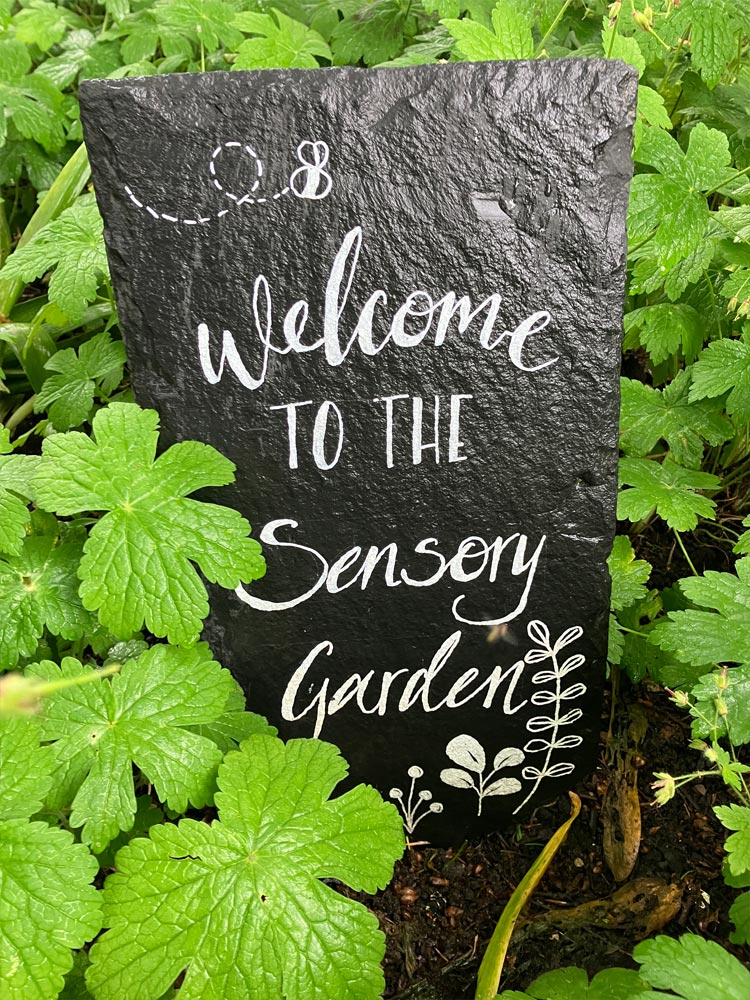
- Soils ain’t soils – improving your soil should be considered an ongoing project, something to do at times of planting but also to come back to throughout the year. Decompaction, mulching appropriately and incorporating organic matter are all ways to boost your soil. Growing certain plants can also work to improve the soil structure! Not all plants require perfectly fertile loamy soils, but your chances of success will be greater if you take the time to consider your soil and how to improve it.
- Spring can be a dry time in Sydney – if you are planting anything in October, be sure to water in well and water regularly until established. If you are finding the water runs off the surface of the soil, create a small berm of soil around the new plant’s rootball to keep the water in place until it penetrates the surface. Adding some seaweed solution to your watering can will also help break down hydrophobic soil surfaces. Try to avoid products containing industrial surfactants and wetting agents, as these can be detrimental to soil health in the long term.
- Many gardeners will apply fertiliser simply out of habit or by default. The common recommendations found in many gardening resources to fertilise on a schedule – perhaps every spring and autumn – often leads to the over-application of nutrients, which is at best wasteful and at worst can be harmful to the soil and wider environment. Spring is a time of rapid growth, when plants will need relatively more available nutrients, especially nitrogen. However, the interaction between plants, soils and nutrients is incredibly complex and will vary from site to site. Rather than apply nutrients without thinking, observe your plants first, and look for the telltale symptoms of nutrient deficiency such as chlorosis, yellowing of the leaves. If no problems are showing, then it’s best not to apply any form of chemical fertiliser. Instead, apply well-rotted compost or (sparingly) cow manure instead – these materials will add small amounts of nutrients to the soil, but primarily contribute soil carbon, which improves the overall structure and characteristics of many different soil types, without the potential to cause harm. Low strength, low phosphorous, organic-based slow release fertilisers are a good option for plants that do need a boost, when applied sparingly.
OUTHOUSE offers in-person consultations with qualified horticulturalists to help you get the most value out of your landscape. We can provide verbal advice, planting plans or a full landscape design. Get in touch with us to discuss your needs.
View past tips for October here!














